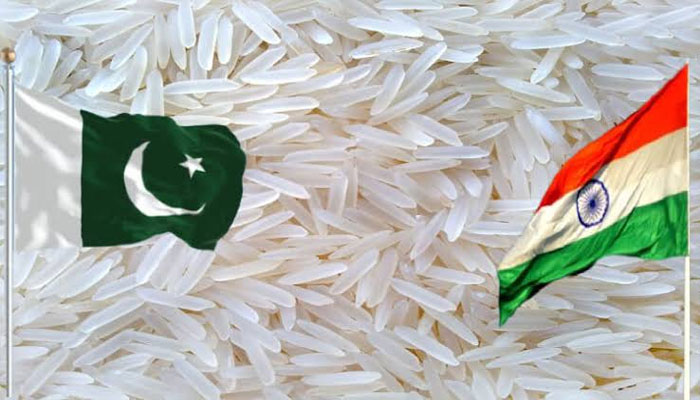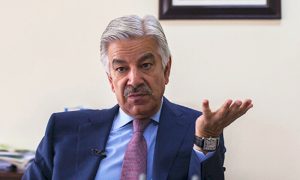In a long-standing international dispute over the ownership of Basmati rice, Pakistan has emerged victorious, securing its position as the rightful producer of the renowned aromatic grain. In a recent ruling, both Australia and New Zealand have recognized Basmati rice as a Pakistani product, dismissing India’s persistent claims to its exclusive origin.
For decades, India had attempted to establish Basmati rice as an exclusively Indian product in the global market, especially in countries like Australia and New Zealand. However, these efforts were firmly opposed by Pakistan, which has been cultivating and exporting Basmati rice since the 1960s. Pakistan was already exporting the grain to Europe and Gulf countries long before India entered the trade. According to the United Nations’ Food and Agriculture Organization (FAO), Pakistan’s Basmati exports began well before India’s involvement in this market.
India’s efforts to dominate the global Basmati rice market met with setbacks as historians and traders presented evidence proving that the rice originates from Pakistan’s Hafizabad district. This evidence played a crucial role in the rejection of India’s claims by both Australia and New Zealand.
In 2020, Pakistani exporters successfully challenged India’s claims in the European Union, securing a landmark decision that officially recognized Basmati rice as a product of Pakistan. This was a major victory, preventing potential losses for Pakistani farmers and the national economy. Despite this, India attempted to challenge the ruling in European courts, but recent decisions in Australia and New Zealand suggest that Europe may soon follow suit, strengthening Pakistan’s position further in the global market.
Currently, Pakistan’s Basmati rice is widely available in domestic markets at competitive prices, with exports reaching an impressive $4 billion. Pakistan’s high-quality and aromatic Basmati rice, known for its distinct fragrance and flavor, continues to dominate international demand, further establishing the country as a key player in the global rice market, which is valued at $27 billion.
The name “Basmati” is derived from an ancient Indo-Aryan word meaning “fragrant” or “aromatic,” reflecting the rice’s esteemed history. Archaeological findings suggest that Basmati rice was cultivated in the region around 2,000 years ago, with written references dating back to the 16th century during the Mughal Empire. Revered as a royal food, Basmati rice has long been associated with kings and emperors.
In Pakistan, districts such as Sialkot, Narowal, Sheikhupura, Gujrat, Gujranwala, Mandi Bahauddin, and Hafizabad are known for producing the finest Basmati rice, which has gained historical significance for its superior quality.
As global demand for Basmati rice continues to rise, Pakistan’s role in the market becomes even more pivotal. To maintain its dominance and expand production, it is essential for the Pakistani government to implement strategic measures to support both the cultivation and global marketing of this iconic grain.














